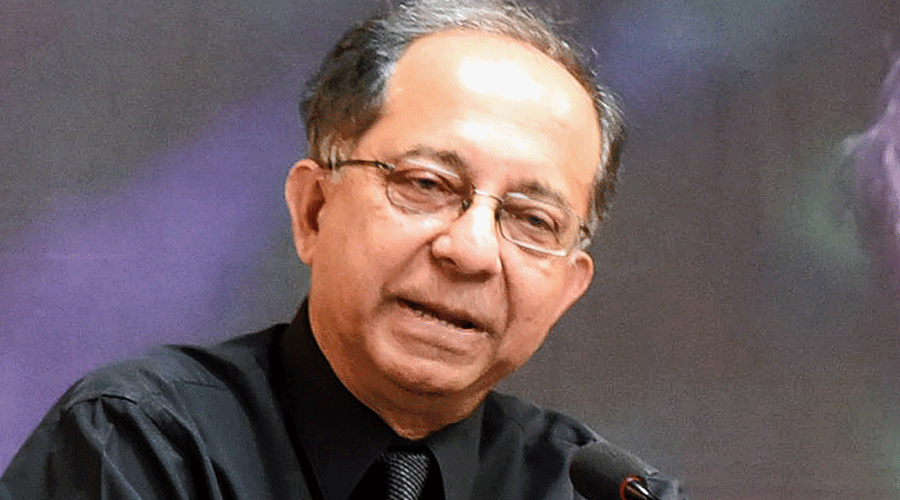Even though the fundamentals of the Indian economy are strong, the rise in divisiveness and polarisation is damaging the foundations of the nation’s growth, former World Bank chief economist Kaushik Basu said on Tuesday.
India’s big challenge is unemployment and joblessness as youth unemployment in India is over 24 per cent, which is among the highest in the world, added Basu, who was the chief economic adviser to the Government of India from 2009-12.
“A nation’s growth does not depend on economic policy alone. There is mounting evidence that trust among people is a big determinant of a nation’s economic success,” Basu told PTI in an interview.
“The rise in divisiveness and polarisation in Indian society is sad not just in itself but because it is damaging the foundations of the nation’s growth,” the eminent economist added.
According to Basu, India has strong fundamentals — a large entrepreneurial class, highly skilled workers, and though it has been falling over the last few years, high investment-to-GDP ratio.
Replying to a question on high inflation, the economist said the inflation that India is witnessing is a global phenomenon and it is caused by the Covid-19 pandemic and the war in Ukraine, and the supply-chain bottlenecks that arose because of these factors.
“Though the cause of inflation is beyond India, what worries me is we are not doing enough to protect the poor and the middle classes,” he noted.
Explaining, Basu, now a professor of economics at Cornell University, said though retail inflation surged to an eight-year high of 7.8 per cent in April this year, wholesale price inflation stood at 15.08 per cent.
“We have not seen such high wholesale inflation in the last 24 years,” he said, adding that what is happening now is reminiscent of what happened in the late 1990s when the East Asian crisis spilled over into India.
While pointing out that the WPI inflation has been in double digits for 13 months now, Basu said this made the situation worse as it meant the current high inflation was coming on top of steep inflation a year ago.
Noting that India should not forget what it learnt during the East Asian crisis, Basu said the CPI inflation was likely to rise further, chasing the WPI inflation.
“My calculation is that India’s CPI inflation will cross 9 per cent. We must make every effort to ensure it does not break into double digits,” Basu said.
Asked if the Reserve Bank of India (RBI) was behind the curve in raising the interest rate, he said the central bank’s policy was directed primarily at the CPI inflation.
“I don’t think the RBI is behind the curve.… India’s big challenge till now was the WPI inflation. What is hurting India most is unemployment and the RBI is right in being cautious not to slow down growth,” Basu said.
The RBI has been mandated by the government to ensure that inflation remains at 4 per cent with a margin of 2 per cent on either side. Asked whether the policy tightening by the RBI would bring inflation down, Basu said it was time for such measures.
“But we also need policy action that goes beyond the RBI. The main aim should be to intervene where the supply bottlenecks are occurring and ease them as much as possible,” he suggested.
Basu emphasised that there was a need to directly help small businesses, workers and farmers who are hit very badly by the rising cost of production.
He was of the view that the government should provide financial support to the poor, saying the poor and the middle classes were being hit badly by this inflation and by the squeeze between differential wholesale and consumer price inflations.
On unemployment, Basu said the government needed to work on targeting fiscal interventions to help small producers, the informal sector and farmers. “Since this has to be done without raising the fiscal deficit, we must be prepared to place an extra burden on the rich, at least temporarily, to tide over this difficult situation,” he added.


